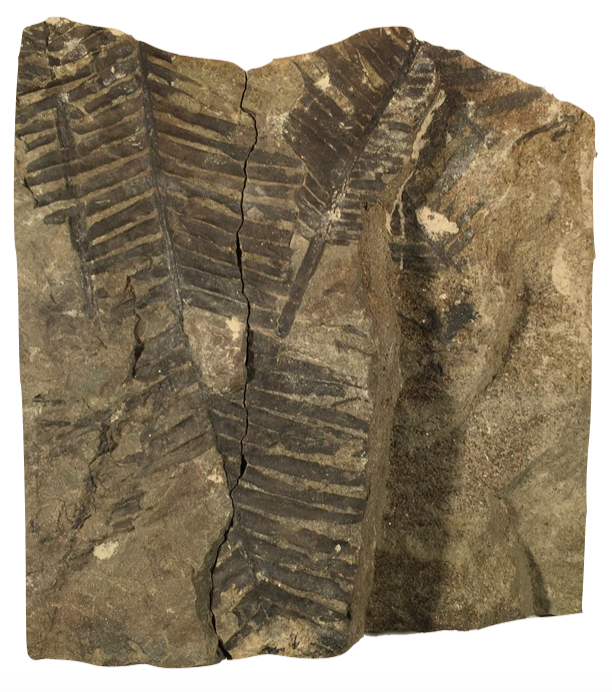Evolution of plant-microbial nitrogen-fixing symbioses
While N isotopes are widely utilized in paleoceanography, they have not been applied to the study of fossil foliage from terrestrial settings. To explore this potential proxy, we've conducted a pilot project on cycads, which are an ancient group of gymnosperms that host symbiotic, nitrogen-fixing cyanobacteria in their roots. We first surveyed nitrogen isotope ratios in modern cycads, finding that cycad foliage from various environments records the isotopic composition of atmospheric nitrogen (because cycads receive most of their N from their symbionts instead of from the soil). We then developed methods for N isotope analysis of fossil foliage, and have used them to analyze fossilized cycad leaves spanning >200 Myr. This revealed that N2-fixing symbiosis was a recent ecological adaptation that arose independently in extant cycad lineages.
